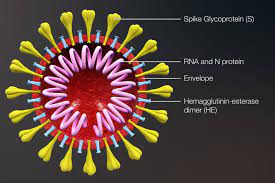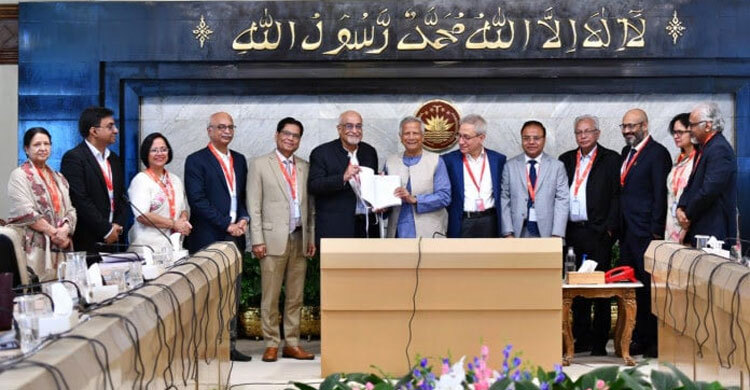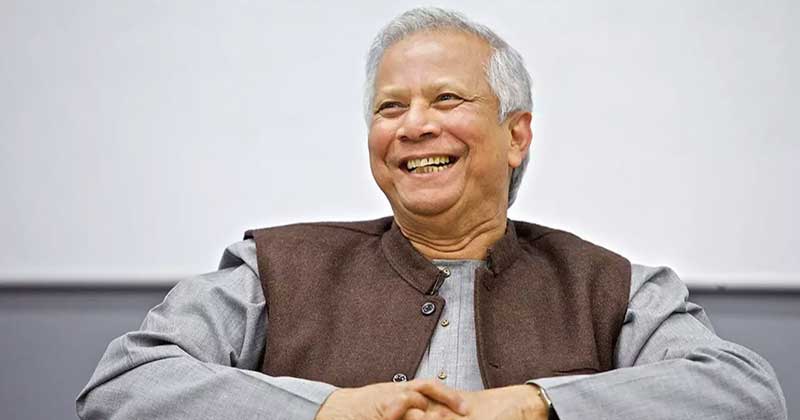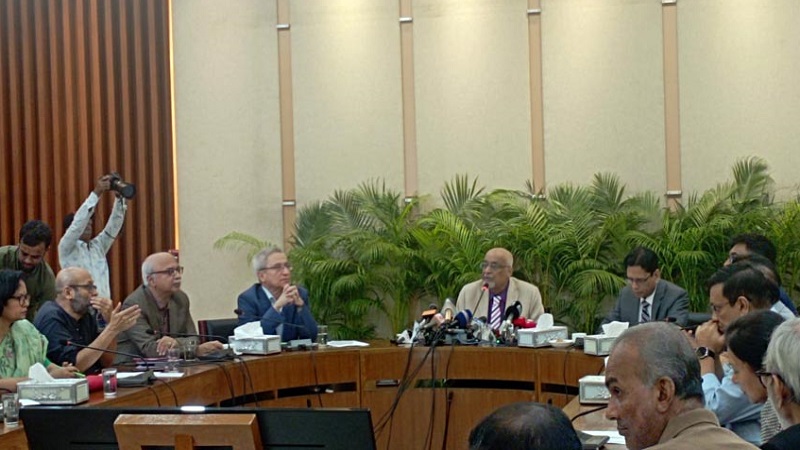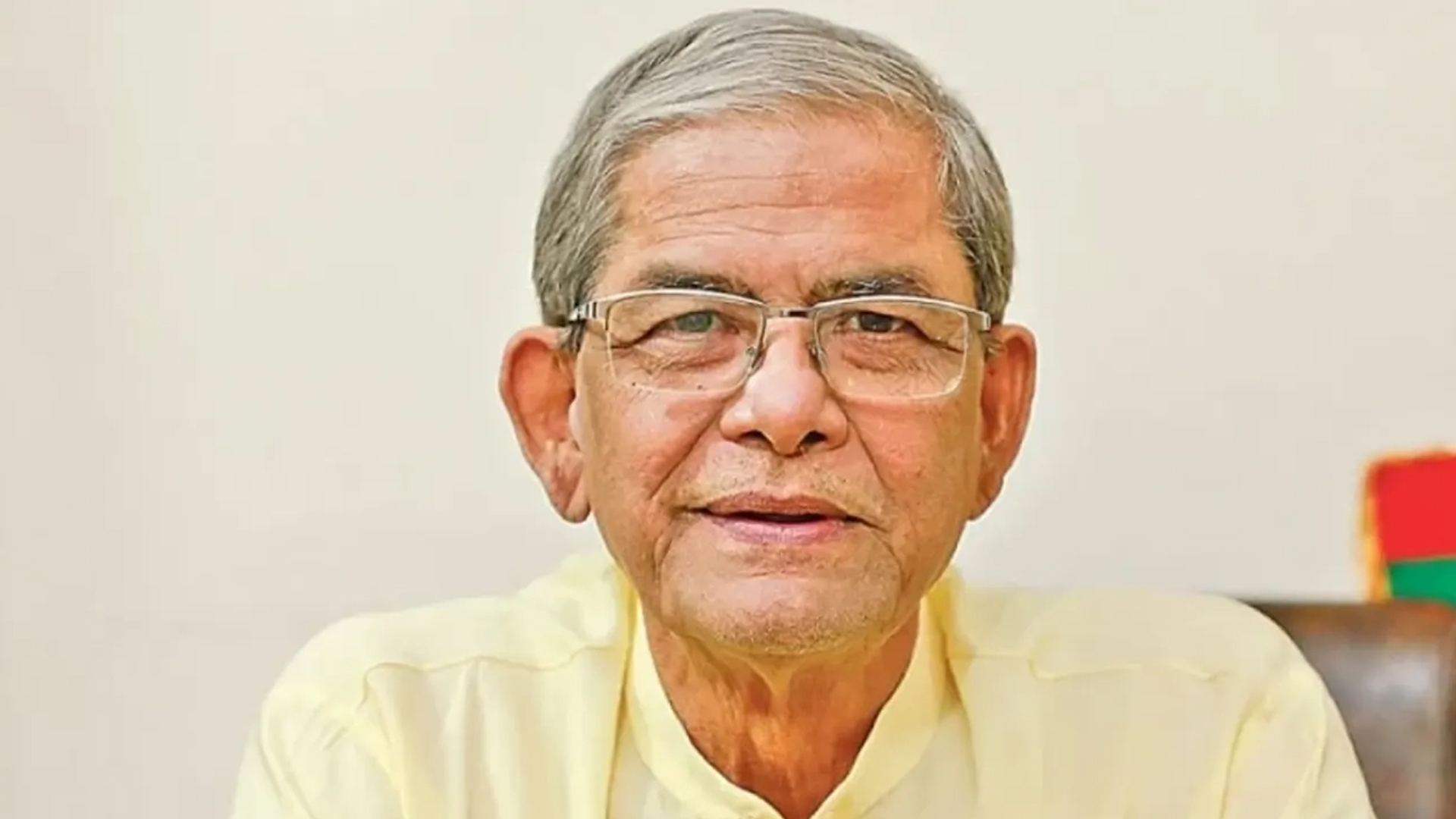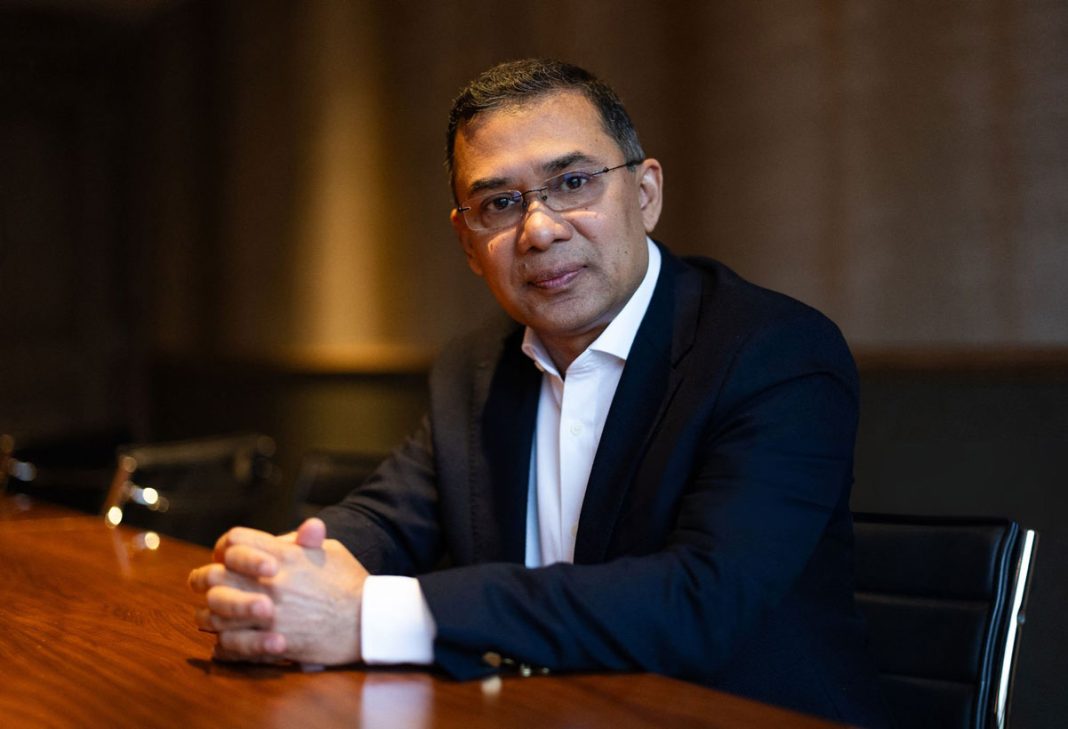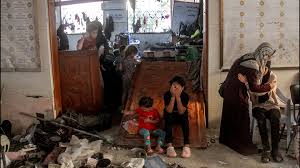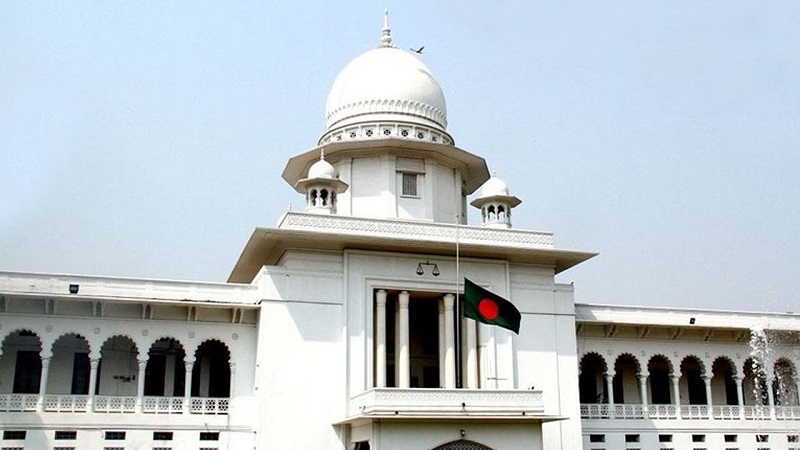Health experts have asked the government to brace for a rapid deterioration in the Covid situation after the Institute of Epidemiology Disease Control and Research has found 80 per cent of a randomly selected sample of 50 Covid patients infected with the Indian variant of coronavirus, recently named as delta variant.
The rest 20 per cent have been infected with the African variant, known as beta variant, a circulating strain and an unidentified variant.
The IEDCR research shows that the Indian variant has spread to parts of central Bangladesh, including the capital Dhaka, worrying the experts about an impending health catastrophe as many of the newly infected people require hospitalisation for oxygen support.
‘The half-hearted government steps and curbs have just delayed the catastrophe a bit but we are about to witness it soon,’ said virologist Professor Nazrul Islam.
The spread that should have been stopped at the border has now apparently occurred across the country partly because of the irresponsible way people behaved by not properly following the health guidelines, he further said.
‘Now there is no way to stop the spread of the Indian variant of coronavirus,’ he said.
The IEDCR has genome-sequenced the 50 cases since May 16 and found 40 of them infected with the delta variant, representing people from Chapainawabganj, Khulna, Gopalganj and Dhaka.
The samples were collected randomly, mainly based on the suspicion that the people giving the samples may have come in contact with India returnees.
The samples also included those from people who have neither travelled abroad nor have been in touch with an India returnee.
At least 14 Covid patients who have never travelled abroad or met an India returnee have contracted the delta variant, providing further proof to its community transmission in the country, said the IEDCR.
In other words, community transmission accounted for 35 per cent of the spread of the delta variant.
All but one of the 16 samples collected from Chapainawabganj have been found infected with the delta variant, said the IEDCR.
All the seven other Covid patients from Chapainawabganj who travelled to Dhaka’s Nababganj have also been found infected with the variant.
The other Indian variant cases include all the seven samples collected from Gopalganj and all the three samples collected from Khulna.
Two of the four samples collected from the capital city have also been infected with the delta variant.
Three other India returnees carrying the Indian variant, from districts not identified by the IEDCR, are currently under treatment in Chuadanga and Khulna, according to the IEDCR.
‘We will continue to genome-sequence specimens through contract-tracing from other districts,’ said IEDCR director Tahmina Shirin.
She, however, said that the unidentified variant is globally known as ‘unidentified’ and has been found in many countries the number of which she does not know.
Some 7 per cent of the delta variant cases are children below the age of seven while 18 per cent of the cases are aged between 10 years and 20 years, said the IEDCR.
Twenty-five per cent of the delta variant cases are aged between 21 years and 30 years while 20 per cent are between 31years and 40 years.
People aged between 41 years and 50 years represent 20 per cent of the delta variant cases while the rest 10 per cent are aged above 50 years, said IEDCR data.
Men constitute 60 per cent of the Indian variant cases.
‘The spread is still slow given the daily infection rate but it is a kind of virus that can spread from one to many,’ said epidemiologist and IEDCR adviser Mushtuq Hussain.
The matter of concern is that, Mushtuq said, Indian variant cases in interior Bangladesh are not being isolated and many people infected with the variant are attending offices, often concealing the fact that they are even suffering from Covid-19.
‘It means that the condition for a full-scale spread of the virus is present and we don’t know when it would trigger large-scale infections,’ he said.
The delta variant whose presence was first confirmed in Bangladesh on May 8, days before the country went on Eid holidays, is dubbed as a variant of concern by the World Health Organisation after it emerged in India in October last year.
The variant has put India into global spotlight for massive numbers of coronavirus cases and deaths.
Bangladesh’s National Technical Advisory Committee on COVID-19 repeatedly asked the government for closing all public transport services and shutting shops, restaurants and entertainment facilities.
Experts say that some 5 per cent of Covid cases may need hospitalisation while about 2 per cent of them may need intensive care support.
‘The sad news is that over half of Bangladesh is without acc


